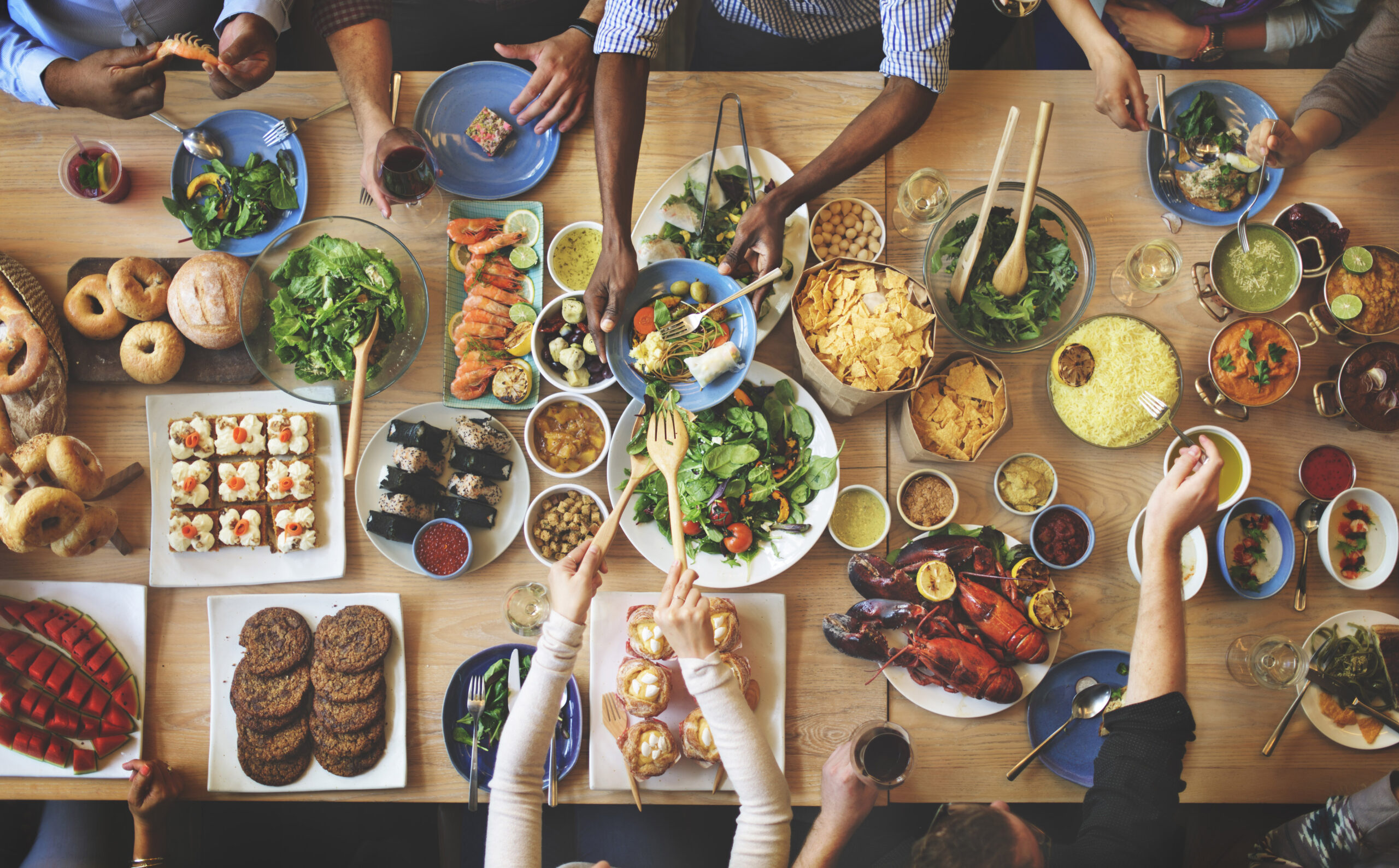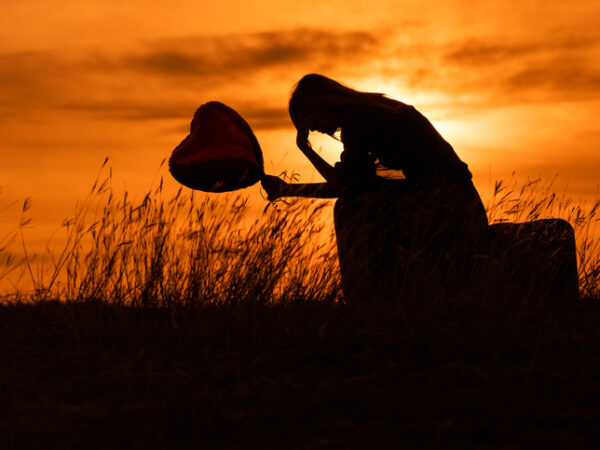Thanksgiving, whether celebrated on the second Monday of October or the fourth Thursday of November, can be extremely difficult following the death of a family member. Like so many other celebrations which bring families together, the Thanksgiving weekend is often filled with traditions that after the loss of a loved one, a parent or a spouse, may be deeply emotional. Being prepared for what may trigger a flood of memories in the wake of loss can help ease the weight of remembrance.
Some people find comfort in preparing the favorite dish of a lost loved one or remembering them in a toast. Others prefer to keep their remembrances more private and families will often know their thoughts are shared with only the exchange of a meaningful glace. There is no right or wrong way to commemorate holidays after a death, it’s as unique and personal as each relationship. But creating new traditions can help families look forward to the years ahead rather than try to re-create a past that will forever be missing an important person.
How to cope without losing the opportunity to gather with friends and family? For a newly single older adult, it may be time to share the responsibilities for preparing a large meal by assigning everyone attending a dish or beverage they can bring. And if carving the turkey at the table brings to mind a lost loved one and is too emotional, consider setting up a buffet in the kitchen where people can serve themselves before sitting down to eat. Thinking ahead to what activities can help entertain younger family members is also helpful to keep things running smoothly as well as a great diversion, especially if the weather doesn’t cooperate.
The first year after a loss can often be the most challenging but it’s important to stay connected with family and friends even if the celebration is shortened or less elaborate than in the past. Allowing yourself to process grief is part of accepting and moving through a loss. We don’t ever forget the people close to us that we lose and sometimes even years later, these gatherings can call up deep feelings that may catch us off guard. Being surrounded by a supportive and loving family or group of friends helps.
If you know a friend or neighbor who may be alone this holiday season following the death of a loved one, what could be a better way to give thanks than reaching out and including them in your celebration?
For more advice and suggestions on getting through the holidays after a death, visit the American Association of Retired Persons by following this link.






Add Your Voice
0 Comments
Join the Discussion